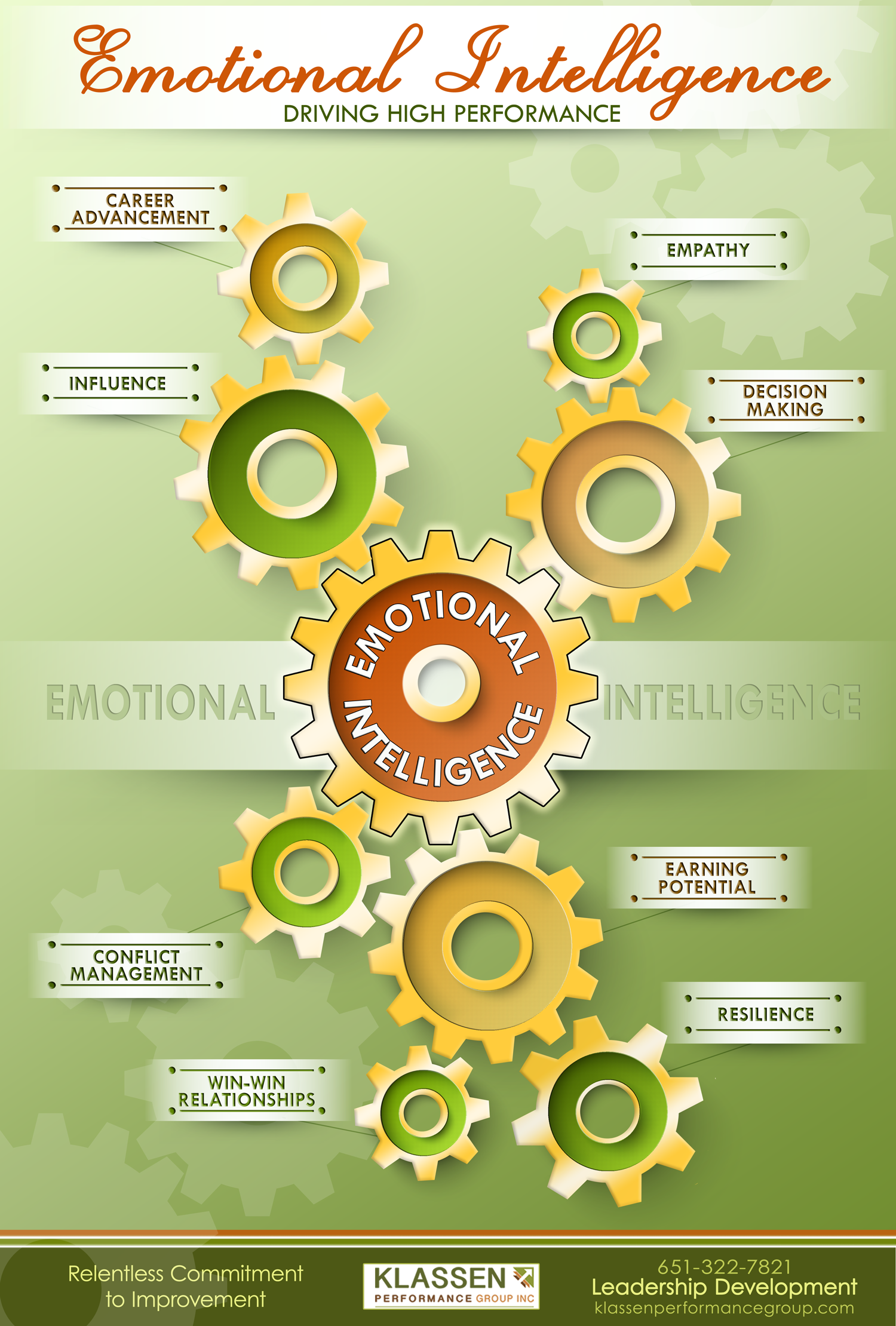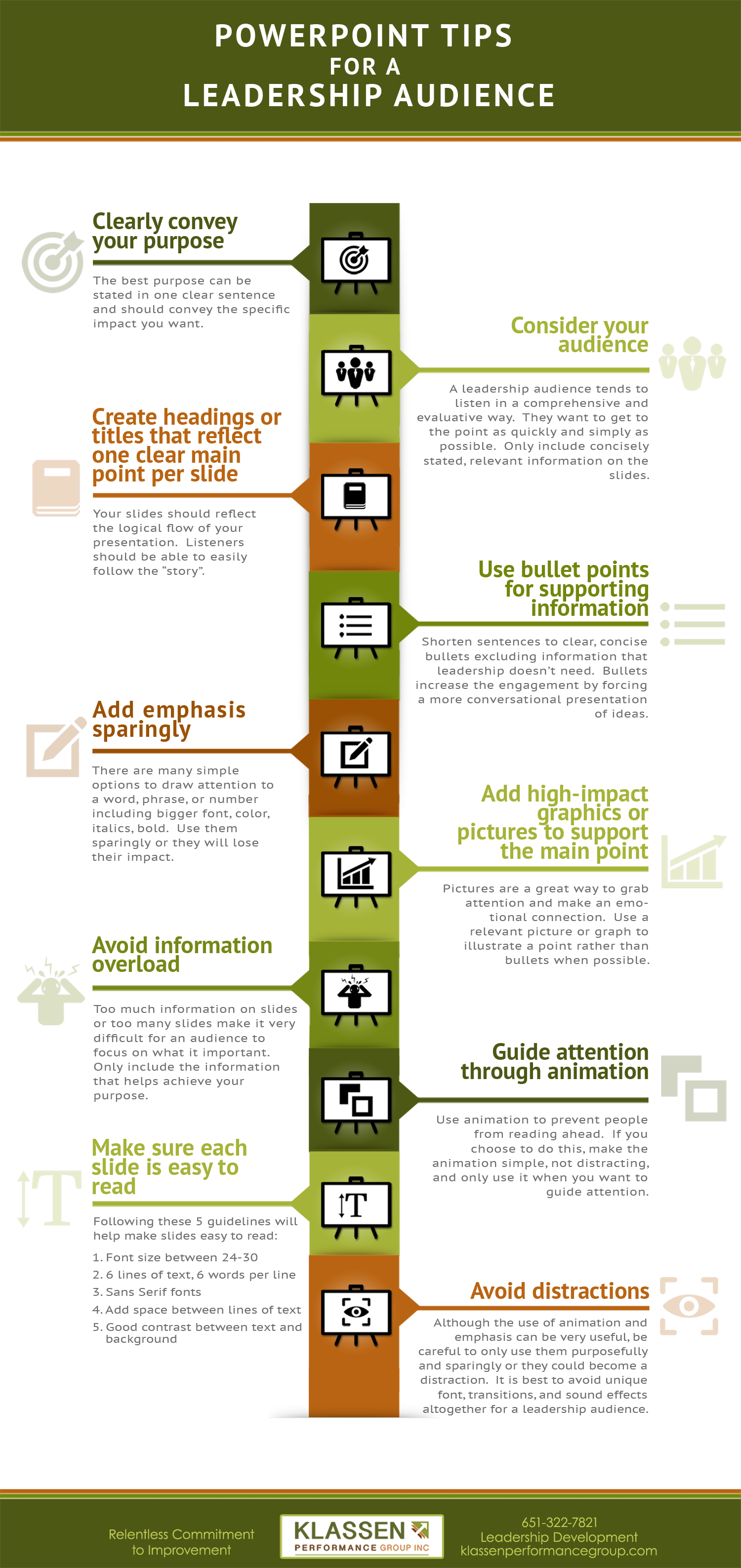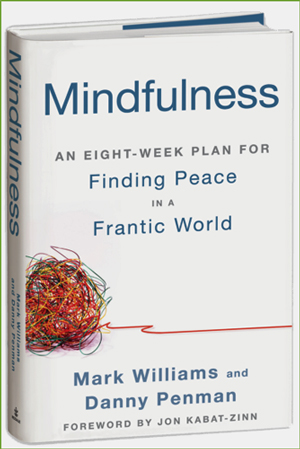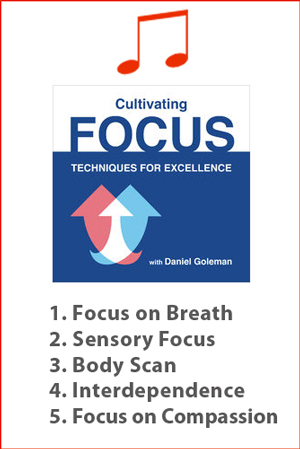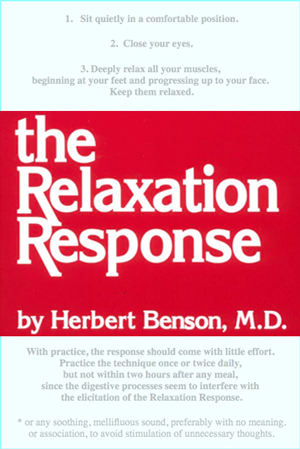The ability to understand and work with others sets the best leaders apart and leads to success – that is where emotional intelligence comes in. Leaders who believe they can succeed by relying soley on their intellect and years of experience are missing a huge opportunity.
Each of the 4 Pillars of Emotional Intelligence CAN be developed and improved upon. Investing what is needed to increase each of these areas can have a profound and lasting impact on your leadership success.
What Are The 4 Pillars of Emotional Intelligence?
1. Self Awareness
- How did I contribute to the problem?
- What am I feeling right now and how is it impacting this situation?
- What are my 3 greatest strengths?
2. Managing Emotions
- How can I express my frustration with my co-worker?
- What can I do to stay engaged in this meeting?
- How do I tell my box I don’t like his idea?
3. Social Awareness
- What strengths does this person have that the team can leverage?
- Why does he get so angry when I bring up that topic?
- How does my behavior impact others?
4. Relationship Management
- Develop and nurture strategic relationships
- Collaborate with diverse teams
- Effectively navigate high-stakes conversations
If you would like more in-depth information on developing emotional intelligence for yourself and your team, contact Dr. Heather Johnson about bringing our in-house course to your team.
NEW: Explore our selection of Online Courses and Webinars
—————
 Dr. Heather Johnson is an internationally recognized speaker with extensive experience developing leaders. With a doctorate in Psychology and over 20 years of business experience, she works with leaders to quickly identify individual and team performance obstacles and develops customized solutions that lead to rapid change and lasting results. Heather facilitates public and in-house workshops that deliver personalized, practical, and immediate results. Some of her most requested topics are: Influence, Emotional Intelligence, Team Building, Communication, and Strategic Planning. For more information call contact us here or call 651-210-6021.
Dr. Heather Johnson is an internationally recognized speaker with extensive experience developing leaders. With a doctorate in Psychology and over 20 years of business experience, she works with leaders to quickly identify individual and team performance obstacles and develops customized solutions that lead to rapid change and lasting results. Heather facilitates public and in-house workshops that deliver personalized, practical, and immediate results. Some of her most requested topics are: Influence, Emotional Intelligence, Team Building, Communication, and Strategic Planning. For more information call contact us here or call 651-210-6021.





